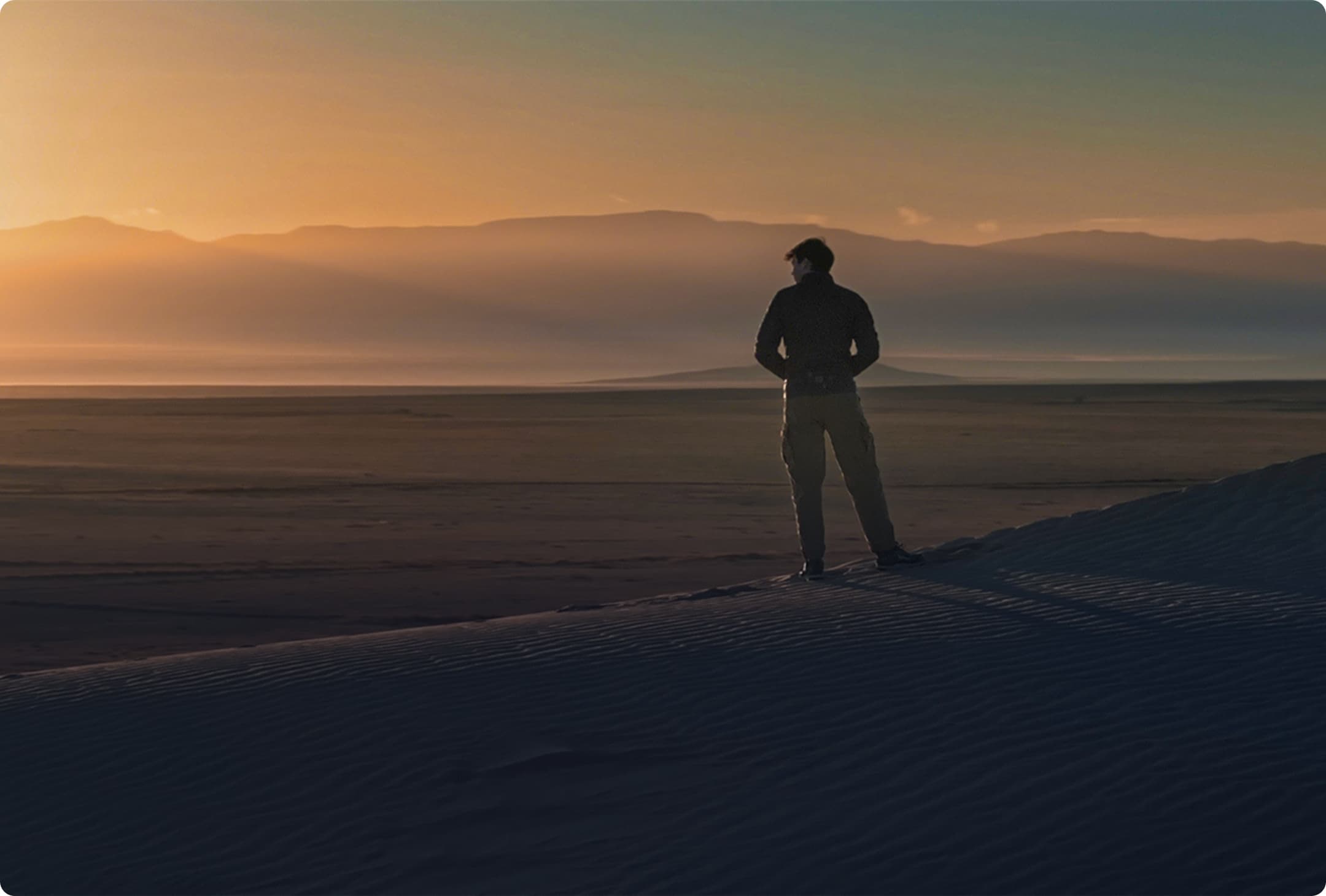
Microplastics in the Brain: A Growing Concern
The Benefits and Burdens of Plastic
Plastics are indispensable for feeding and supporting billions of people, yet their waste raises concerns. In New Mexico, researchers have found plastics in water, soil, plants and animals. Join a New Mexico scientist and his son as they study microplastics in the environment and the body, inspiring a call for responsible policies and business practices to protect future generations from the impact of plastic waste.

“Plastics do wonderful things, food storage and transportation feed the billions of people on this planet. Plastics help with this. But at the same time, there is disaster to be had if we throw away this material all at once.”Matthew J. Campen, PhD, MSPHretired municipal worker

“We see the plastics in the landfill… they break down, get into groundwater, onto plants, into livestock. Then we eat those plants and livestock.”Matthew J. Campen, PhD, MSPHDistinguished professor | university of new mexico
Hidden Impacts
A seventh-grade science project unexpectedly revealed how deep the problem runs: microplastics were present even in the remote Rio Grande reservoir. Microscopic white dots under the lens led to a growing concern; these fragments may be finding their way into human bodies, especially the brain. The discovery reframes plastic pollution from an environmental issue to a potential human health issue with potential links to diseases like Alzheimer’s and dementia.

Researchers at the University of New Mexico recently completed a study. They found microplastics are accumulating in human brains.

“With neurodegenerative disorders like dementia and Alzheimer’s, those tissues had a lot higher concentrations of nanoplastics.”Marcus Garcia, PharmD, RPhPhrma foundation fellow | university of new mexico
Action and Hope
Solutions don’t need to wait for decades of research—better waste management, stronger recycling, and industry-aligned policies can start now. At the same time, rapid advances in biotechnology and the passion of younger generations signal that change is possible. The father-son team at the heart of the story reflects this hope: curiosity turned into discovery, and discovery into a call for action.

“We don’t need to wait on research to start looking at policy. Let’s shore up waste management, make recycling work, and talk about industry-friendly solutions.”Matthew J. Campen, PhD, MSPHDistinguished professor | university of new mexico

“These are all past 4-year discoveries. And biology and biotechnology is just advancing at such a rapid pace. All of these things give me a lot of hope.”Aerlin Decker, PharmD, MS Studentuniversity of New Mexico college of pharmacy

